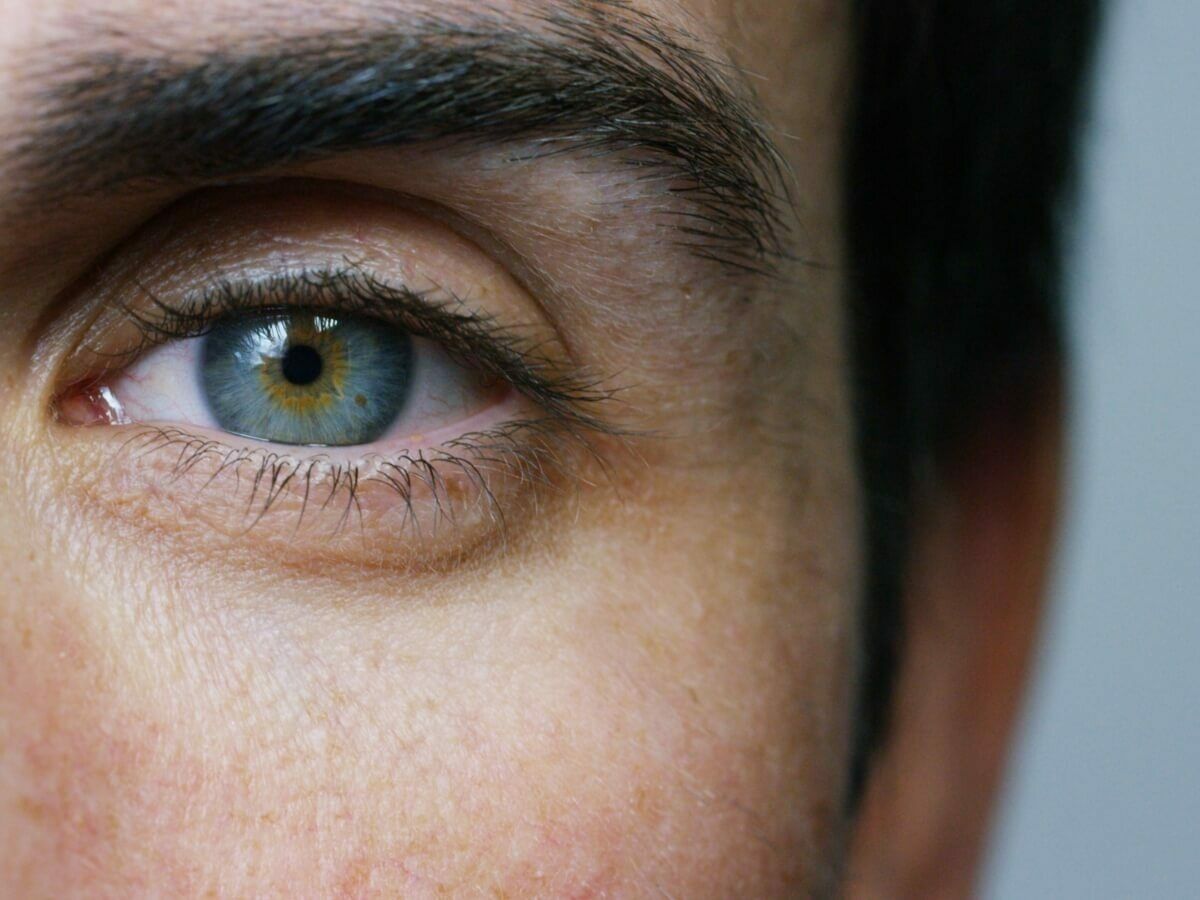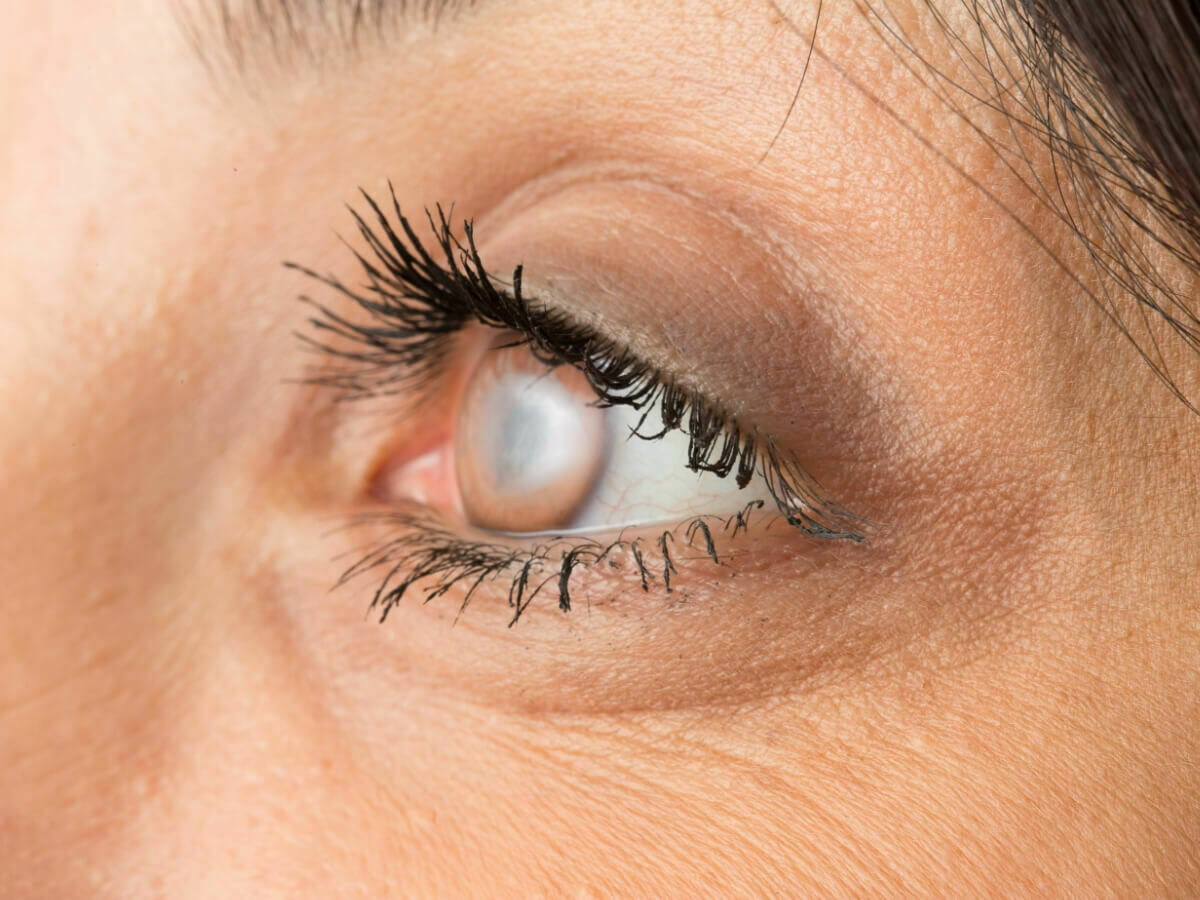
Eye Conditions
What we test for to look after your vision
Spotting early symptoms
From short and long sightedness to cataracts and glaucoma, there are many different conditions that can affect the health of your eyes and vision. Some conditions are simple to remedy with spectacles and contact lenses, but others could lead to partial or complete sight loss, or may require surgery depending on their severity. By regularly booking one of our comprehensive eye tests, we can help you to preserve and protect your eyesight, even when conditions appear to be symptom free.
Long Sightedness (Hyperopia)
If someone is long-sighted they often find it difficult to see things very close, causing eye strain and blur. Other symptoms can include issues concentrating, headaches and eyes feeling tired, aching or burning. Glasses or contact lenses, particularly for close work, can improve your vision and alleviate these symptoms.

Short Sightedness (Myopia)
If someone is short-sighted they often find it difficult to see things that are further away. This can cause problems if you can’t view, for example, road signs or whiteboards in a classroom. Glasses or contact lenses, particularly for close work, can improve your vision and alleviate these symptoms.

Astigmatism
Astigmatism is caused by the front surface of your eyes (cornea) not being perfectly round, which can make things appear blurry both close up and in the distance. An optometrist can prescribe lenses to correct your vision or advanced eyesight management in rare cases where astigmatism could cause eyesight loss.

Age Related Reading Difficulties (Presbyopia)
If you find you are struggling with close vision as you pass the age of 40, you may be developing presbyopia. This can include blurred vision at near distances, as well as headaches, tiredness and eyestrain. An optometrist can prescribe glasses to aid close up work and vision, and this can also encourage your vision to be more stable as a result.

Flashes & Floaters
Flashes and floaters are small particles in the ‘jelly’ of the eye that become noticeable when they move into your line of sight. 90% of us develop floaters and the brain usually learns to ignore them. However, where they are very distracting, or if we believe they could indicate a retinal detachment, we will refer you to an appropriate surgeon.

Dry Eyes
When you blink, a film of tears spreads over the eye, smoothing its surface and helping your vision. However, if not enough tears are produced or the tears have the wrong composition, you can experience dry eye disease. This can cause discomfort, irritation, redness, blurry vision and often watery eyes. An optometrist can help you to manage this condition.

Glaucoma
Glaucoma is a group of eye diseases where vision is lost due to damage of the optic nerve because the fluid pressure in the eye is too high. There are often no early symptoms and a family history of glaucoma can mean you are more at risk. Regular and comprehensive eye tests are the best way to detect glaucoma and prevent permanent sight loss.

Macular Degeneration
Macular degeneration is the leading cause of vision loss in the UK for over-50s, reducing fine detail in your central vision at any distance. As most don’t notice the issue until their vision is very blurred, the testing our optometrists perform will be able to help detect any early signs and help to save vision that would otherwise have been lost.

Cataracts
Cataracts are a clouding of the lens. They often develop slowly over time and eventual symptoms can include blurred or double vision, extra sensitivity to light and glare, poor night vision and seeing brighter colours as dimmer or more yellow. Our optometrists can help monitor any cataracts and ensure a referral for surgery is made at the right time.

Diabetic Retinopathy
Diabetic retinopathy is a complication of diabetes that damages blood vessels inside the retina at the back of the eye. Symptoms of blurry vision, eye strain and headaches only emerge in later stages and all people with diabetes are at risk of this complication, so it’s very important to effectively manage your diabetes and attend regular eye tests.



